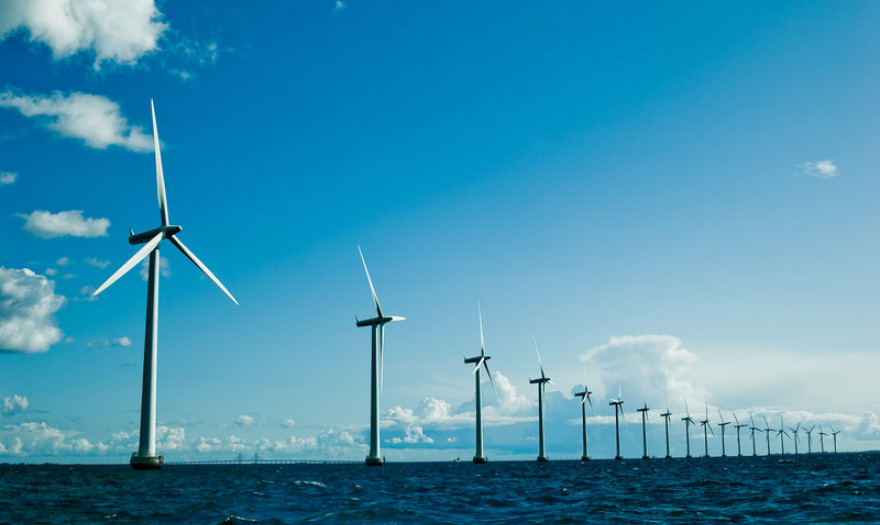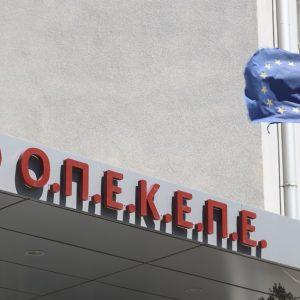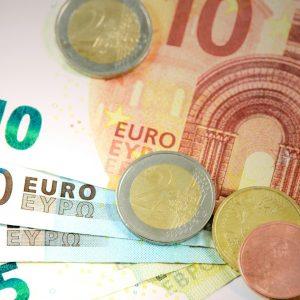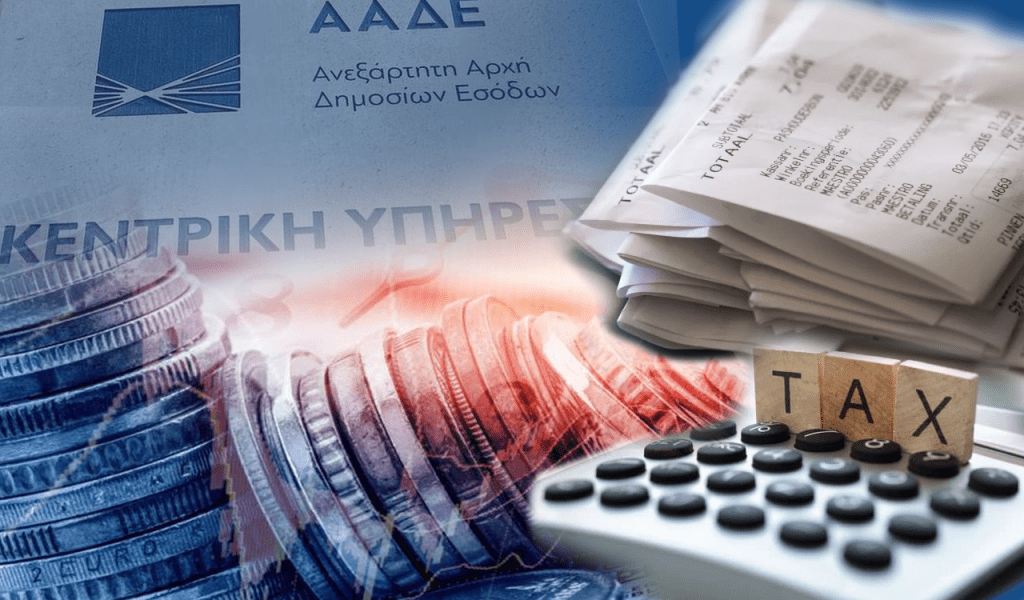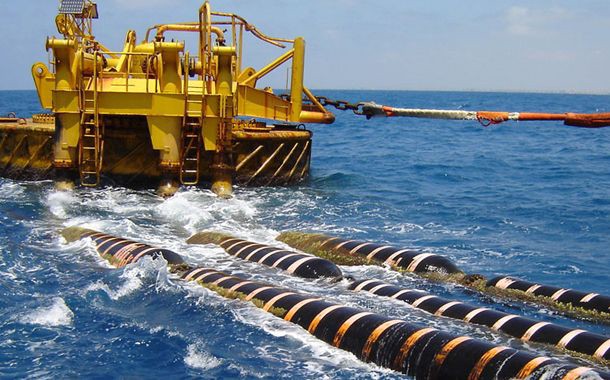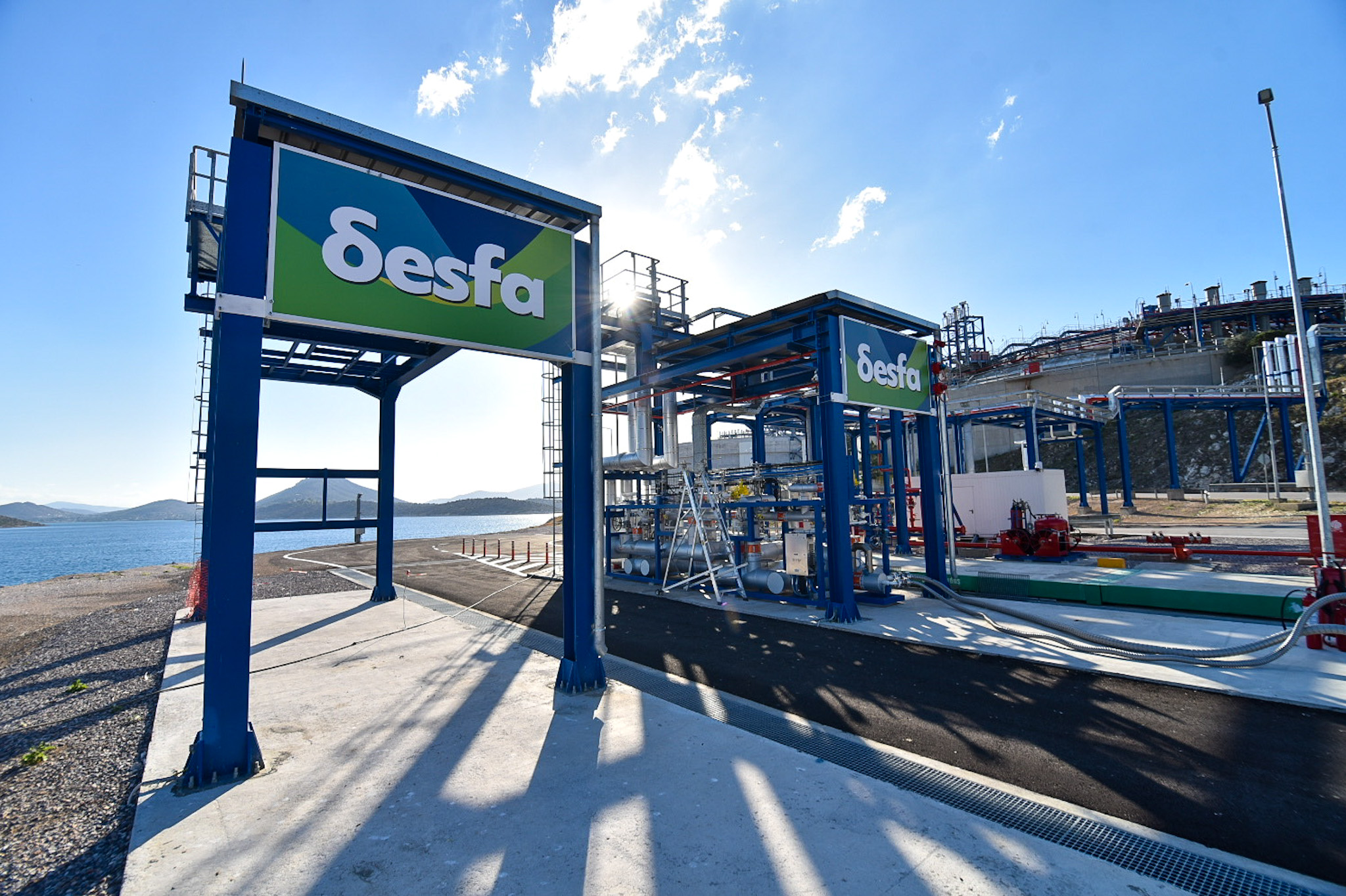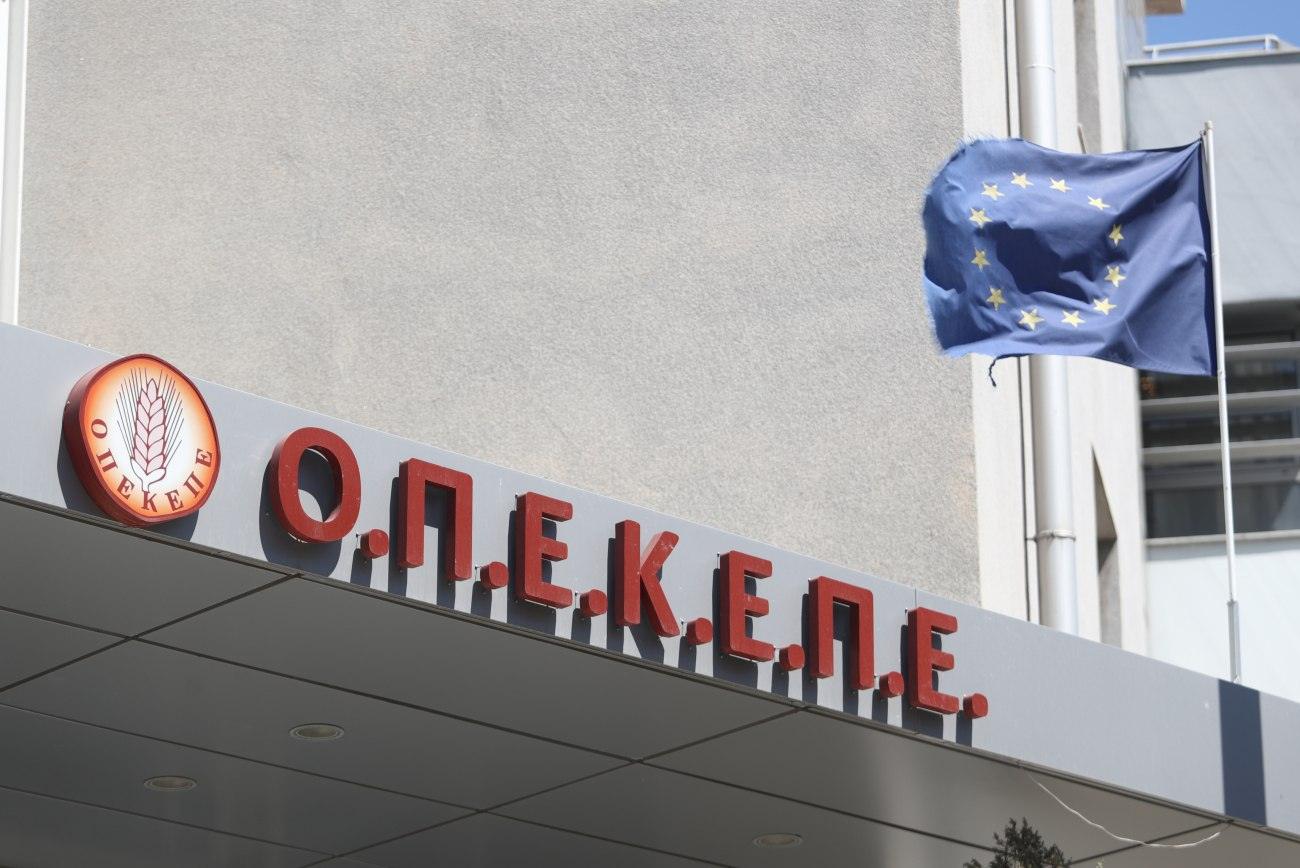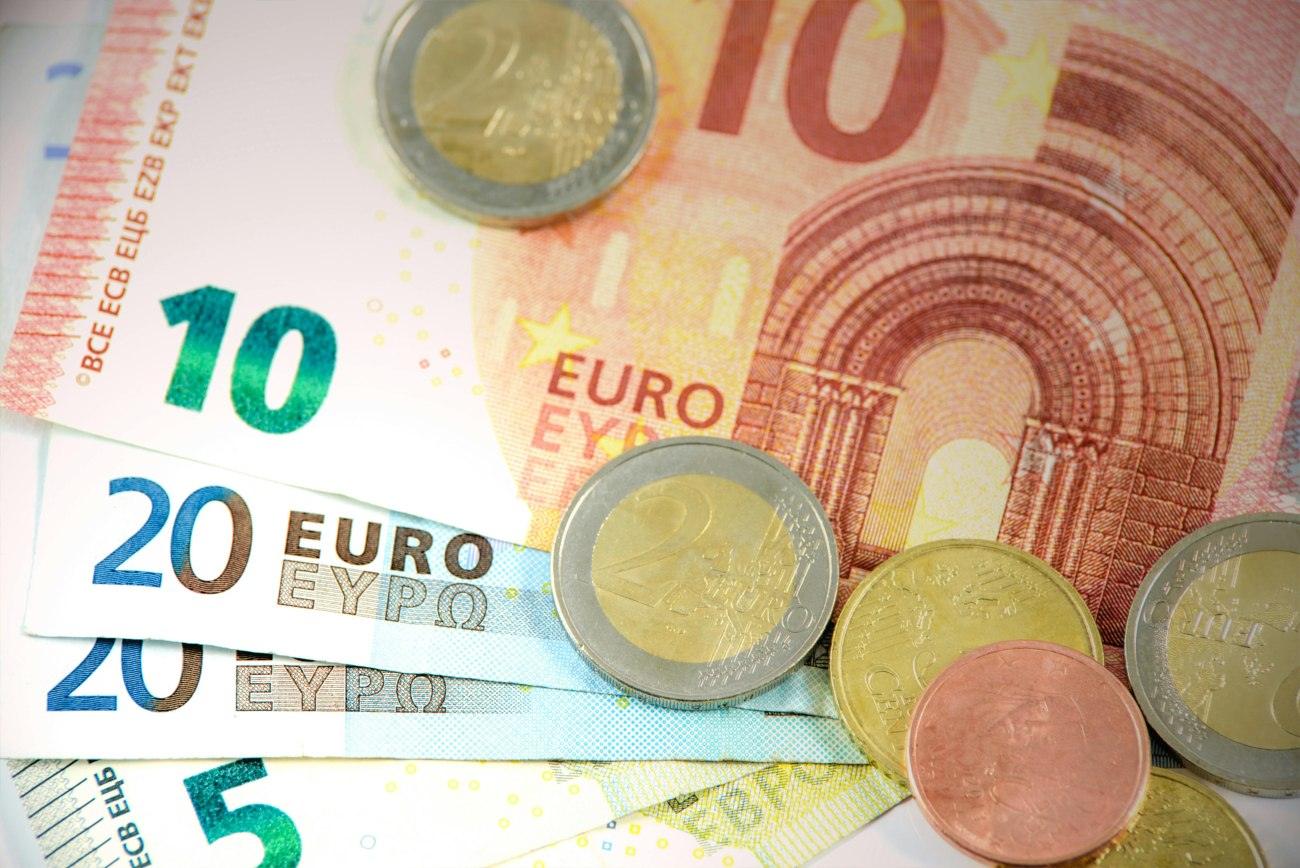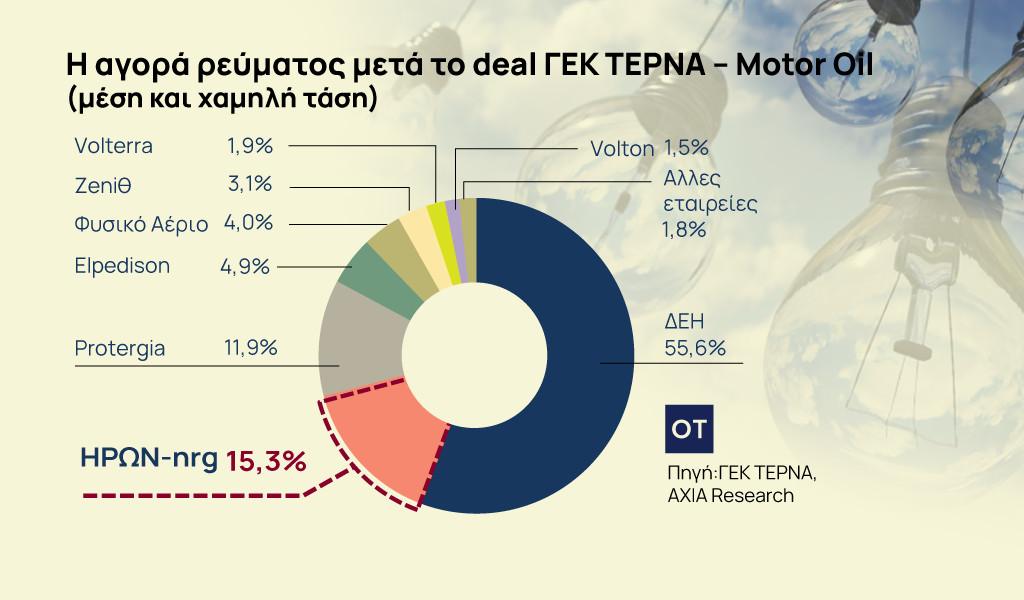Geopolitics is the leading uncertainty for the energy sector of Greece, while at the same time investments in Renewable Energy Sources, energy savings and interconnection of energy networks are key priorities for the country. The above comes out from the report of the World Energy Council, announced by the Technical Chamber of Greece (TEE) as the National Committee of the Council.
Each year, the World Energy Council conducts a global survey, the World Energy Issues Monitor, involving policy makers, CEOs, and leading energy experts, highlighting the most pressing energy issues. More than 2,500 energy leaders from more than 108 countries participated in the 2021 survey. The survey results are a valuable guide for the energy community around the world, especially decision makers.
According to TEE president George Stasinos, “this year’s results of the WEC report show the full compatibility with the priorities for the country’s recovery, as reflected in the National Plan for Recovery and Sustainability.”
According to Haris Doukas, a member of the Steering Committee of the TEE and responsible for this effort in Greece, more than 50 leaders in the country’s energy sector participated in the research and chose Geopolitics, Economic Trends, and the investment environment as the top uncertainties and voted for Renewable Energy, Energy Efficiency and Regional Integration as the main priorities for action for the country.
Uncertainties
Geopolitics is the leading uncertainty for the Greek energy sector. Turkish unilateral and proclivities in the Eastern Mediterranean, including the Exclusive Economic Zone of Cyprus, continue. The result is ever-escalating tensions between Turkey and a group of countries, including Greece and France, constituting a significant uncertainty not only for the Greek energy sector but for the whole of southeastern Europe.
Economic trends are the second uncertainty for Greece, as 2020 is supposed to be the first year of strong economic growth after almost a decade of economic crisis. However, the pandemic dramatically changed economic trends with Greece showing a serious decline in GDP in 2020 (around 8% -10%). Expectations for 2021 are focused on growth, based on the revitalization of private and capital spending and funding from the EU Recovery and Resilience Facility. In addition, the expected gradual easing of restrictions due to the Covid-19 pandemic will be available as soon as the vaccine is available, giving a strong impetus to the crucial for the economy, tourism industry.
Although there have been positive developments in the investment environment in Greece, investors are concerned about the impact of the Covid-19 pandemic on the country’s economy. According to reliable internationally available data on foreign direct investment, FDI flows in 2019 exceeded the levels of 2009 but fell in 2020, reflecting these uncertainties.
The priorities
Renewable energy sources maintain their high impact on the economy and low uncertainty position as a key priority. In line with the commitments to de-lignification by 2028, the Greek Government favors ambitious plans and provides incentives for private investment in wind, solar, and biomass / biogas energy production. The main challenges identified throughout the country for the penetration of renewable energy sources in the electricity generation mix include the revision of the spatial planning of RES, the increase of public acceptance, the spatial and technological upgrade of the saturated transmission and distribution systems, and the efficient operation of the new electricity markets. Due to the above efforts and despite the limitations, Greece has already exceeded the EU targets for renewable sources in 2020.
Another important finding is that, despite recent efforts, the Energy Efficiency target in Greece continues to require further action. Reducing energy consumption is a priority for achieving energy security goals and mitigating the effects of climate change. Improving energy efficiency in private and public buildings, with strong state, European and private funding, is also necessary to alleviate energy poverty, which is a huge energy and social problem.
The start of new electricity markets in Greece in November 2020 aims at the integration of the Greek market in the EU internal energy market, mainly through the interconnection with networks of other countries. Important recent developments are: A) that Greece has successfully cooperated with Bulgaria on the IGB gas pipeline. B) that local and foreign investors plan to build a liquefied natural gas (LNG) terminal off Alexandroupolis C) that investment plans are being developed for the installation of LNG at the Corinth refinery and D) that plans for the EastMed submarine pipeline are being promoted. All these developments in the Greek energy market underscore the important role of Greece in the Eastern Mediterranean and its central position as an energy transfer hub, while improving energy security.
